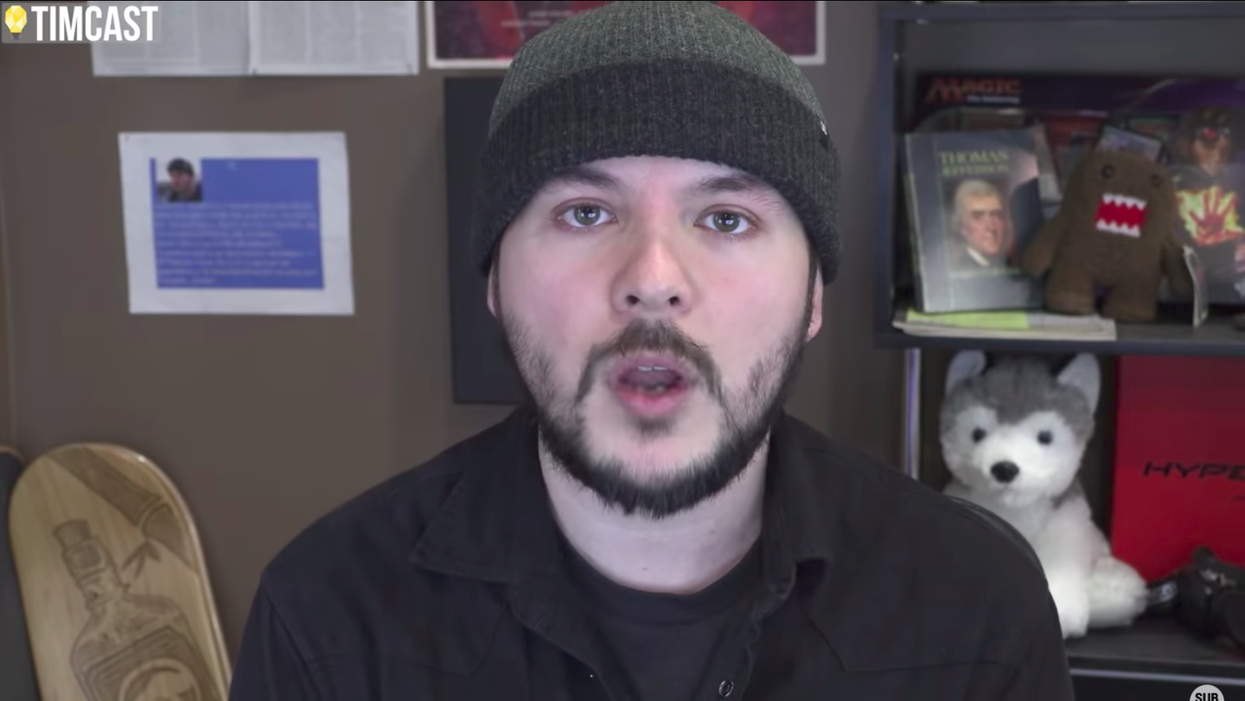
Independent journalist Tim Pool. (Image source: YouTube video screenshot)

Free speech is constantly under attack online
The battle for freedom of speech online continues to escalate, with the latest development being YouTube censoring a journalist's video about Pinterest's censorship of Christian and pro-life content.
Earlier this week, Pinterest placed the pro-life organization Live Action on a list of blocked pornography sites. Later, Live Action was blocked from the platform altogether.
A representative for Live Action said Pinterest notified the organization that they had been "permanently suspended because its content went against our policies on misinformation." In a statement to Fortune, Pinterest cited misinformation and health-related conspiracies as the reason.
"Pinterest has targeted Live Action, I believe, because our message is so effective at educating millions about the humanity of the preborn child and the injustice of abortion," Live Action founder Lila Rose said, according to the Catholic News Agency. "Pinterest users deserve to know the truth and our messages deserve to be treated fairly. If Planned Parenthood can promote their message on Pinterest, then Live Action should be able to as well."
Independent journalist Tim Pool posted a video on YouTube highlighting a Project Veritas report citing a Pinterest insider revealing specific targeting of Christian and pro-life content on the platform.
In addition to showing that Live Action had been censored, the Veritas report also showed that terms such as "bible verses" had been placed on a "sensitive" list.
Pool's video was removed from YouTube, and he said he was given no explanation.
"Youtube has removed my video on Censorship at Pinterest without notifying me or explaining what happened. I have no opportunity to appeal," Pool wrote on Twitter.
Incidents of sometimes unexplained censorship on social media platforms are seemingly being reported with increasing frequency. Pinterest denied blocking content for religious purposes, but did seem to acknowledge to Project Veritas that it takes steps to "protect" users by filtering content based on religion.
"Religious content is allowed on Pinterest, and many people use our service to search for and save Pins inspired by their beliefs," a company statement read. "To protect our users from being targeted based on personal characteristics such as their religion, we have policies in place so that ads and recommendations don't appear alongside certain terms."